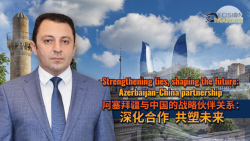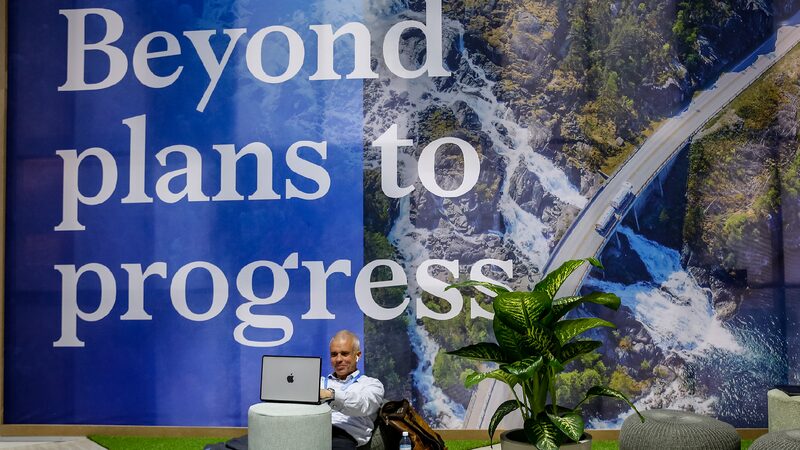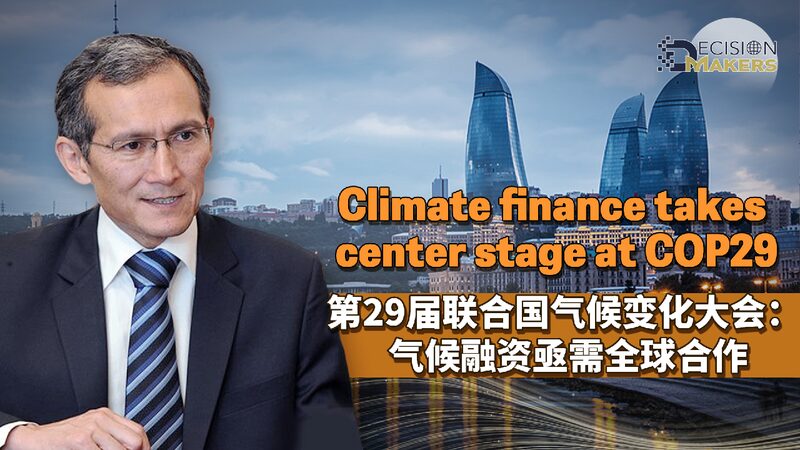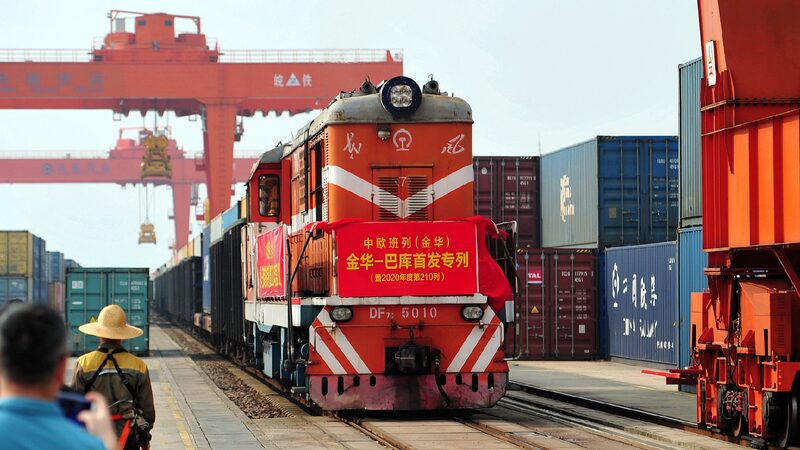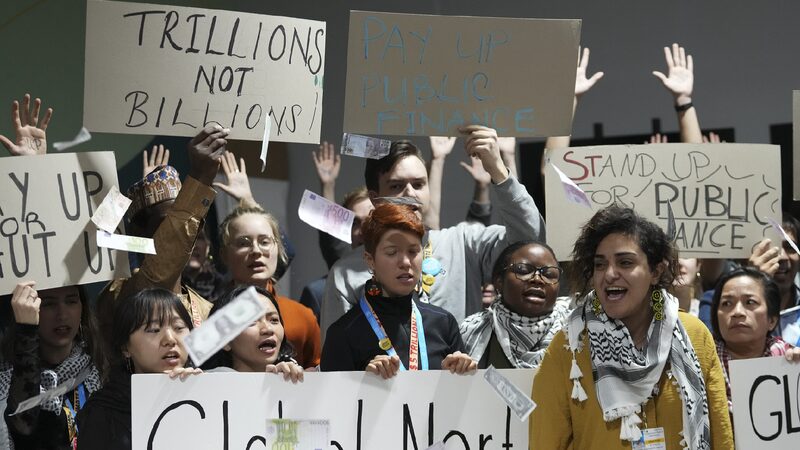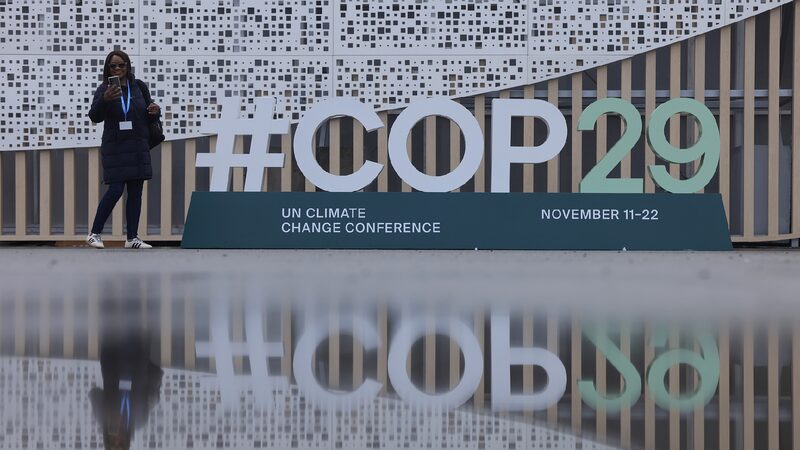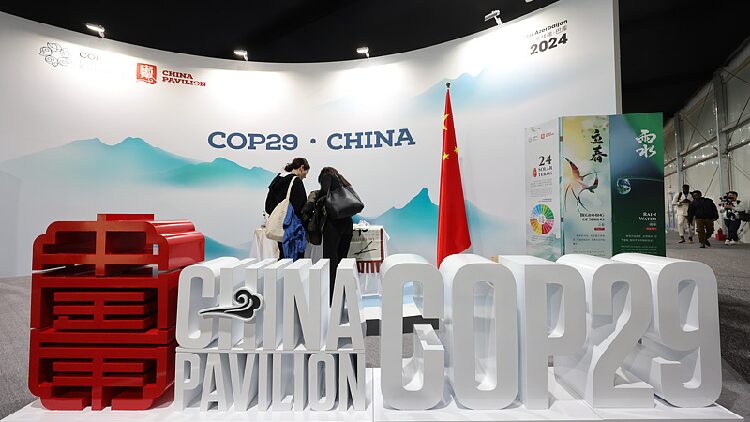The United Nations climate summit, COP29, has entered its pivotal second week in Baku, Azerbaijan. Negotiators are being urged to make significant progress on a stalled deal that could provide developing countries with much-needed funds for clean energy initiatives and adaptation to extreme weather caused by climate change.
UN Climate Change Executive Secretary Simon Stiell called on countries to “cut the theatrics and get down to real business.” He emphasized the importance of collaboration, stating, “We will only get the job done if the parties are prepared to step forward in parallel, bringing us closer to common ground. I know we can get this done.”
Climate and environment ministers from around the globe have arrived at the summit to push talks forward. COP29 President Mukhtar Babayev stressed the critical role politicians play, saying, “They must deliver and engage immediately and constructively.”
Climate Finance at the Forefront
A central issue at COP29 is the financing needed to help developing nations transition away from fossil fuels, adapt to climate impacts, and address damages from extreme weather events. While a group of developing countries has proposed a figure of $1.3 trillion, wealthy nations have yet to commit to a specific amount.
EU Climate Commissioner Wopke Hoekstra highlighted the urgency, noting that “the cost of action today is, as a matter of fact, much lower than the cost of inaction.” He affirmed the EU’s commitment to do its fair share but urged others to contribute based on their emissions and economic growth.
However, some activists remain skeptical of rich countries’ intentions. Teresa Anderson of ActionAid International expressed concern that developed nations might use the push for broader contributions as an excuse to provide less finance.
Rachel Cleetus from the Union of Concerned Scientists warned that delaying action would be costly. “$1 trillion in global climate funds is going to look like a bargain five, ten years from now,” she said.
Calls for Fair Energy Transition
Germany’s Climate and Economic Affairs Minister, Robert Habeck, emphasized that developing countries have the right to economic growth but stressed the need for sustainable practices. “They have the same right to create the same work, same education, and health system,” he said. “But if they are doing the same as we did for 100 years of burning fossil energy, that is completely messed up.”
In support of cleaner transitions, Habeck, alongside UK Energy Minister Ed Miliband, announced around $1.3 billion to help developing countries move away from fossil fuels.
Global Leaders Urged to Act
As COP29 progresses, another significant summit is taking place in Brazil, where G20 nations are discussing climate change among other pressing issues. Babayev urged these nations to demonstrate commitment, stating, “We cannot succeed in our climate goals without G20 nations.”
Activists are also keeping a close eye on the Organization for Economic Cooperation and Development (OECD), where a proposal aims to cut public spending on foreign fossil fuel projects. Protests at COP29 have highlighted holdouts such as the United States, South Korea, Japan, and Turkey.
The Clock is Ticking
With the impacts of climate change becoming ever more apparent, the urgency for decisive action is clear. Negotiators at COP29 face the challenge of bridging divides to secure a deal that supports those most vulnerable to climate change while setting the world on a path to a sustainable future.
Reference(s):
Negotiators urged to get down to business as COP29 enters 2nd week
cgtn.com

